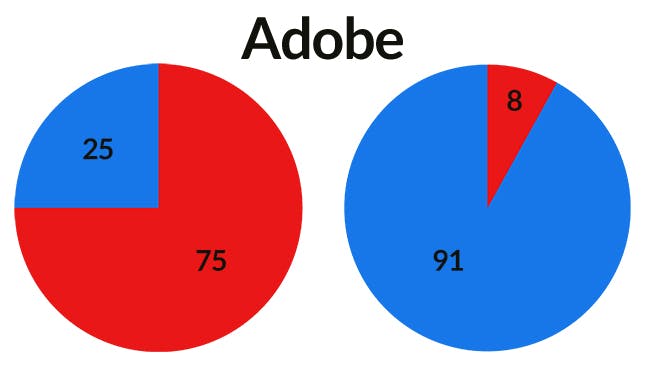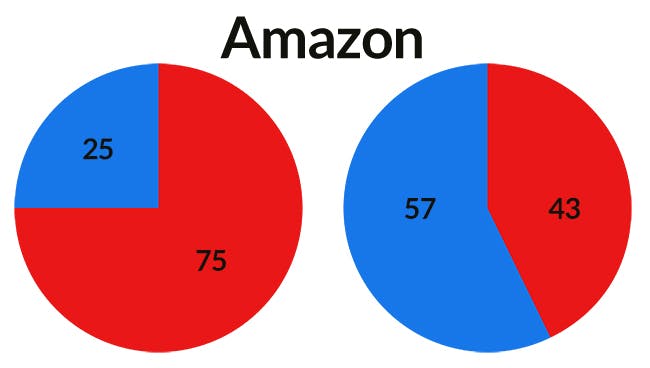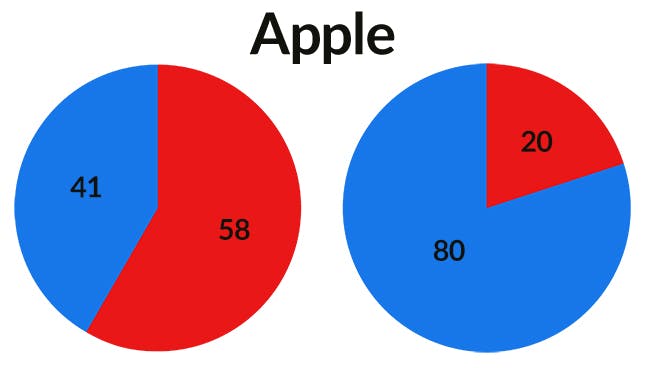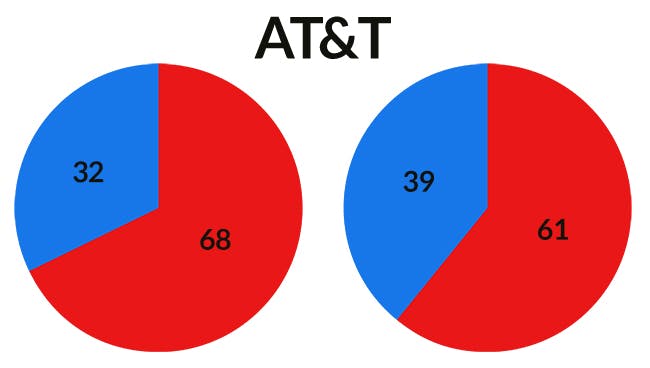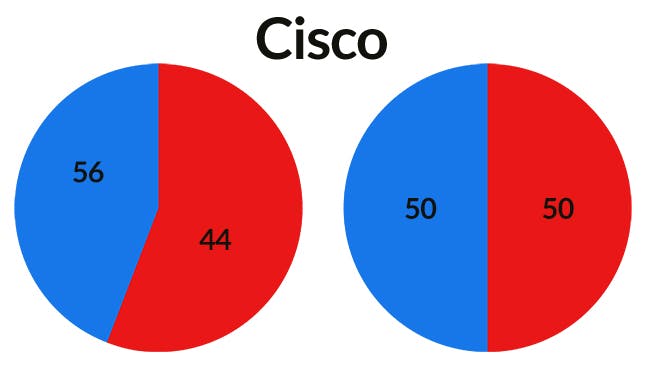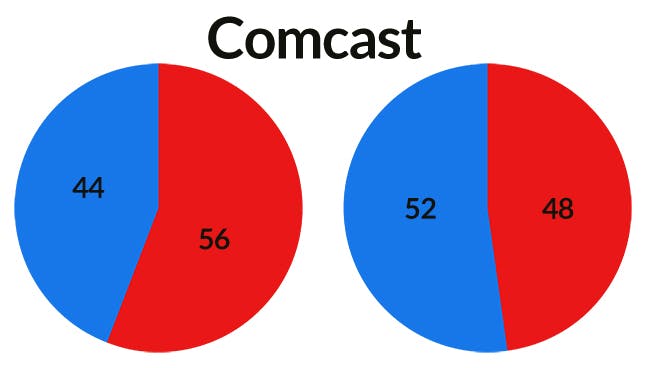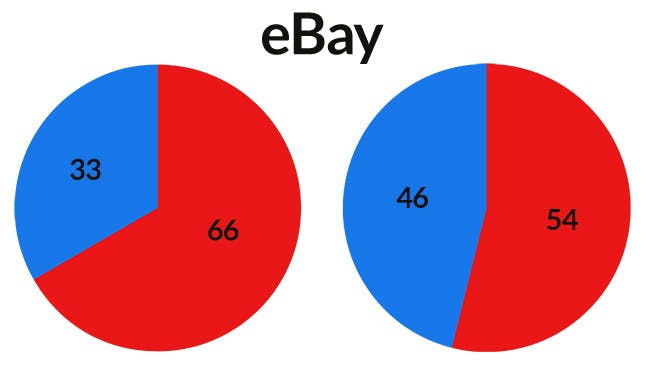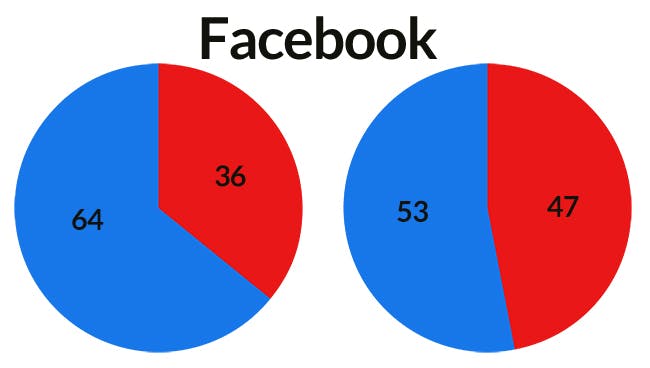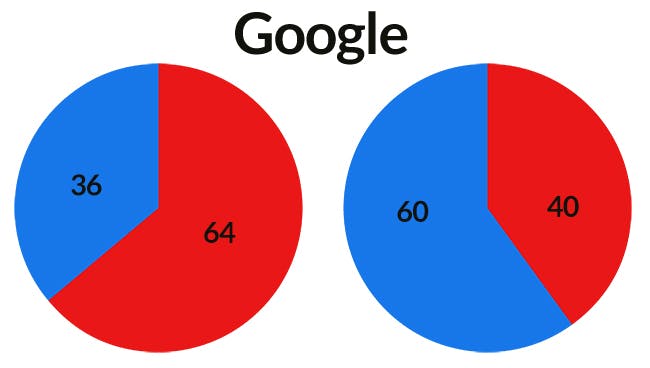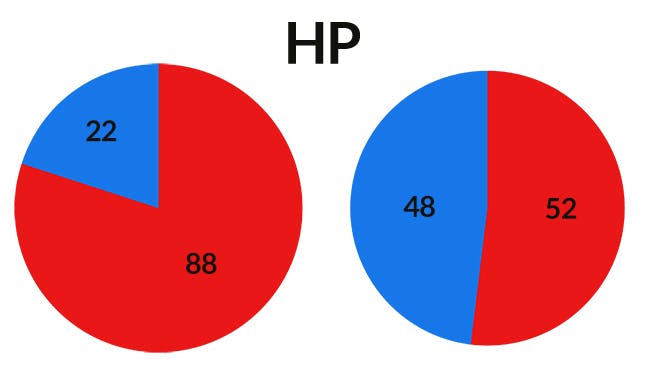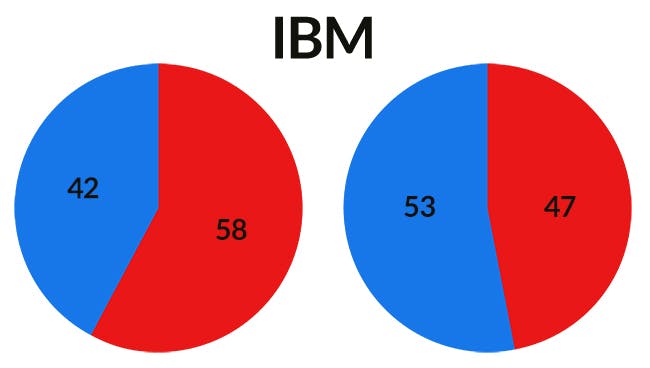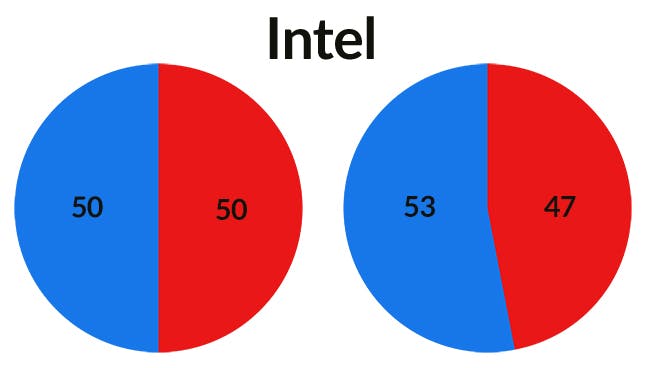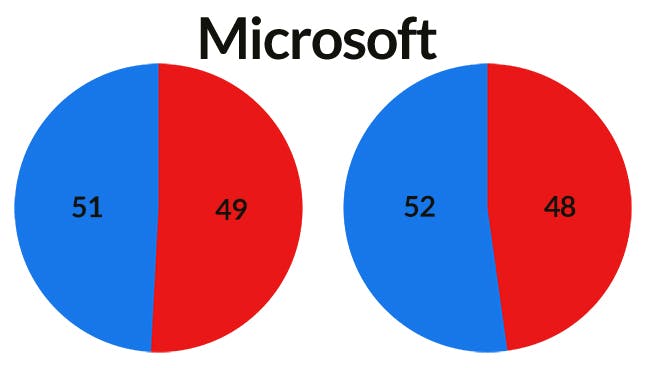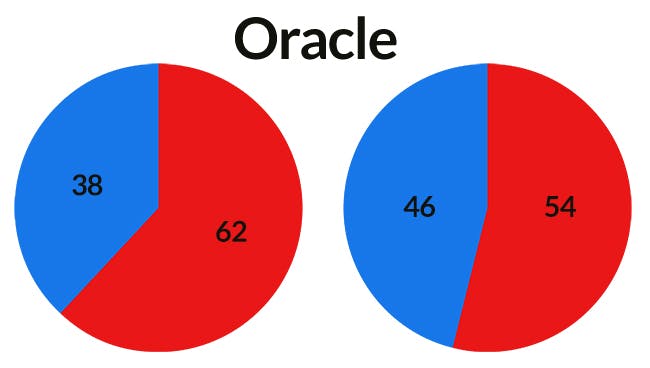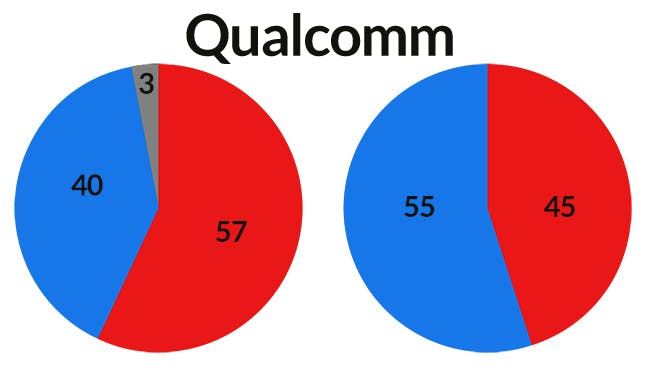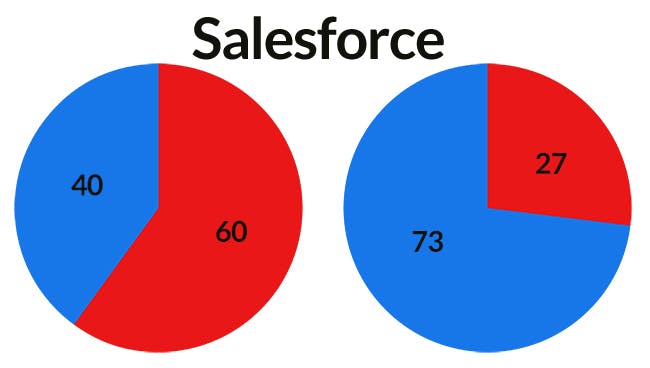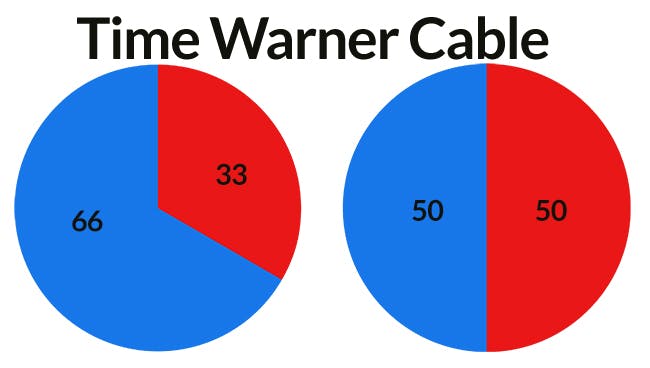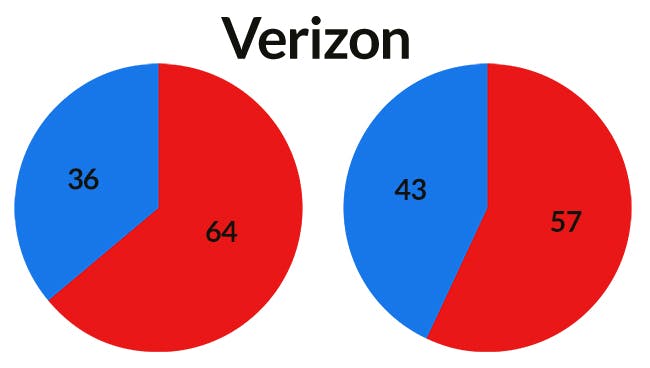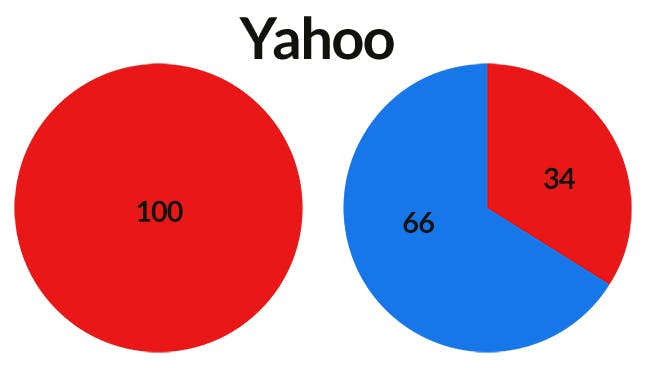There are tech companies that everybody loves and tech companies that everybody hates, and never the twain shall meet—except at the occasional high-profile FCC meeting. How to tell one from the other? One way is usage, but it’s hard to tell how people really feel about a company like Comcast, when millions of customers pay it money every month while consistently rating it the most-hated business in America.
As with pretty much everything else in life, the key is to follow the money. Someone can send angry tweets about the latent creepiness of Google‘s new project, but when that person has also sunk a significant portion of his or her life savings into Google stock, it’s then hard for them to say with a straight face that they in no way support the actions of Silicon Valley’s most high-profile firm.
The average citizen’s stock purchases aren’t public record, but there’s a special class of citizens who do have to disclose all of their holdings: our elected officials.
Tracking the companies politicians have sunk their hard-earned cash into may actually be a better indicator about which firms they truly admire than looking at which ones they pay lip service to when boasting of the dynamism of the American economy.
Those investments also work the other way. There’s a perception that the tech industry leans to the left, but its political donations, which (more or less) have to be disclosed, tell a slightly different story.
Digging through the records kept by government transparency watchdog OpenSecrets.org in late February, the Daily Dot pulled the numbers for 19 leading tech companies—ranging from Apple and Facebook to Intel and IBM—on both stock ownership by members of Congress, as well the political giving by those companies during the 2014 election cycle. What we discovered was a picture that’s a good bit more complicated than tech-loving Democrats and decidedly analog Republicans.
When it comes to stocks, more Republicans hold stock in these technology companies than do Democrats. Averaging the partisan breakdown of the members of each party who own these stocks, we found Republicans were almost twice at likely as Democrats to be stockholders (62 percent to 38 percent).
Apple, for example, has 30 Republican stockholders and 21 Democratic ones. Google’s ratio is 16 to 9. Verizon’s is 23 to 13, and AT&T’s is 30 to 14.
Others have a much more even balance. Microsoft is split almost exactly down the middle, as is Intel.
The only two companies that had more Democratic lawmakers as stockholders than Republicans ones are Facebook and Time Warner Cable.
Some of the numbers here are actually quite small. There are only two congressional lawmakers who hold Yahoo stock, both of them Republicans. In the case of Adobe, stock ownership is limited to one Democrat and three Republicans.
Not a single federal legislator holds Twitter stock. Considering that the portfolio of the average member of Congress outperforms the market by about 10 percent, this absence may speak volumes.
On the other side of the equation (the political-giving side), the aggregate of all the companies we looked at also tended toward Republicans—although not to the same degree as stock ownership. In the 2014 election cycle, these 20 companies and their employees gave a total of $8,140,277 to Republicans and $7,952,915 to Democrats.
The three biggest spenders over the last cycle were telecom giants Comcast, AT&T, and Verizon, which gave $2.9 million, $2.8 million, and $2.6 million respectively. These numbers dwarfed those of all the other tech companies we looked at. In fact, Google was the only other firm to crack the $1 million mark with $1.6 million.
GOP donations may have edged Democratic ones because two of those three leading firms gave far more money to conservatives than liberals.
AT&T gave 61 precent of its money to Republicans, while 57 percent of Verizon’s funds flowed into conservative hands. For its part, Comcast’s breakdown was more bipartisan, slightly favoring Democrats by a margin of 52 percent to 48 percent.
What’s interesting here, is that, for the vast majority of companies, there was a significant divergence between the political donations given by employees and those given by company political action committees (PACs). In nearly all cases, donations from individuals favored Democrats, while donations from PACs were either relatively even-handed or were tilted in favor of Republicans.
Below are the breakdowns of the partisan percentages for each company. The pie charts on the left show the percentages of stockholders in each company who are Democrats (blue) or Republicans (red). The pie charts on the right show the percentages of donations (combined individual and PAC giving) going to each party.
All of the data was taken from OpensSecrets on Feb. 25, 2015. The page for each company is linked in the charts below, but since the site updates the totals in real time, the most current number may not exactly represent those contained in this article.
*Sen. Angus King (I-Maine) owns Qualcomm stock, hence the grey three percent portion of its stock ownership chart.
Photo via Jericho/Wikimedia Commons (CC BY 3.0)


